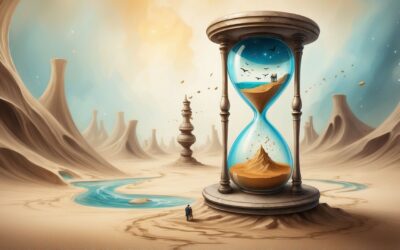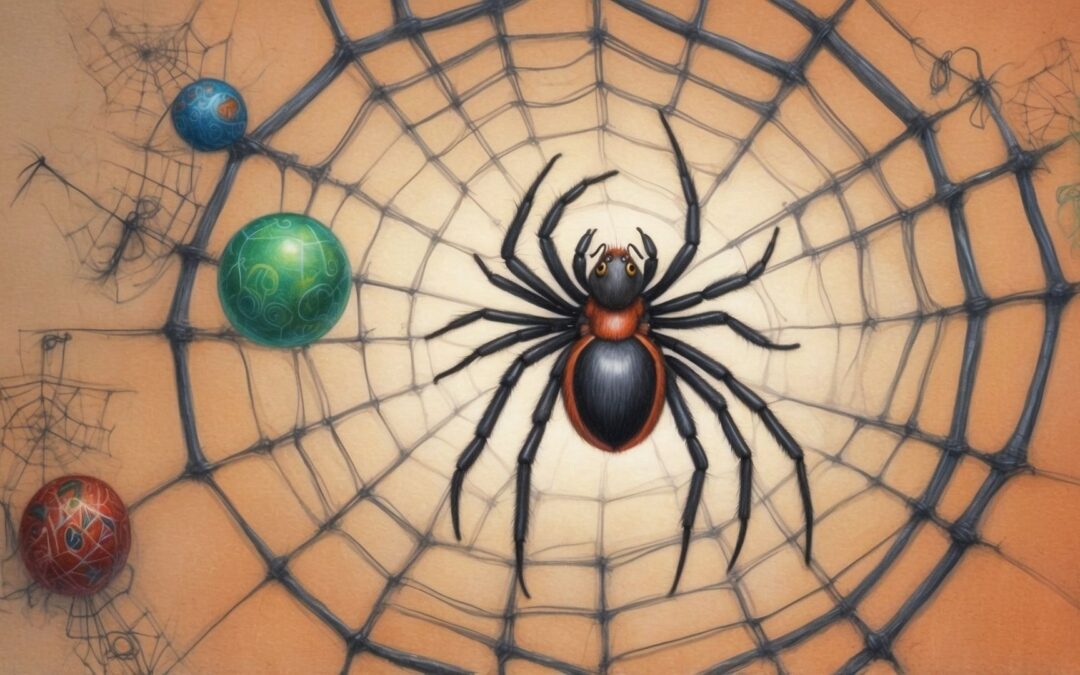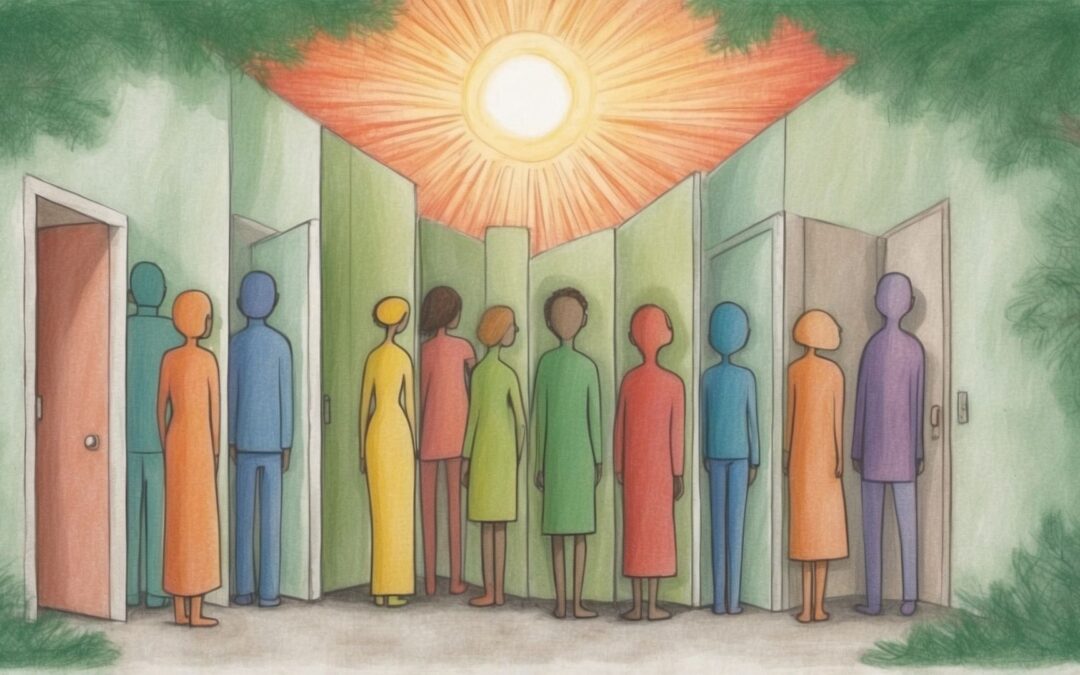How Does Climate Change Impact Biodiversity?
Imagine Earth as a giant tapestry woven with all forms of life – from towering redwood trees to tiny, iridescent insects. This intricate web is biodiversity, the rich variety of living things that make our planet resilient and adaptable. But climate change is tugging at the threads of this tapestry, unraveling the delicate balance and putting countless species at risk.
Think of the natural world as a complex machine where every part has a role. Climate change is throwing a wrench into the works, changing the familiar rhythms of ecosystems. Rising temperatures force plants and animals to find new homes, shifting the territories they’ve occupied for centuries. Some can adapt, while others struggle to keep up with the rapid pace of change.
Extreme weather events, a hallmark of climate change, bring their own blows to biodiversity. Intense droughts can wither entire forests, turning them into tinderboxes for catastrophic wildfires. Devastating floods wash away crucial habitats, leaving animals with no place to go. Warming oceans bleach vibrant coral reefs, vital nurseries for marine life, transforming them into underwater ghost towns.
The chain reaction of these events is alarming. When one species disappears, the ripples spread through the whole ecosystem. Think of a game of Jenga, where every block supports those above it. Remove too many blocks – too many species – and the whole structure collapses. Pollinators might vanish, threatening the food crops we depend on. Predators decline, leading to uncontrolled populations of their prey, which in turn throws the system further out of balance.
Climate change and biodiversity loss are intertwined and feed into each other. Weakened ecosystems are less able to capture carbon, exacerbating the very warming that threatens them. It becomes a damaging cycle that spins faster and faster. That’s why protecting biodiversity isn’t just about saving cute animals (though that’s important too!). It’s about safeguarding the life support system of our planet.
Imagine this: Forests teeming with life help purify the air we breathe. Wetlands act as natural sponges, mitigating floods and protecting coastal communities. Healthy oceans teeming with fish provide food security for millions. These are just a few examples of how biodiversity directly benefits us.
So, what can you do? Supporting organizations fighting climate change and protecting habitats is a vital first step. But even small changes matter. Choosing sustainable products, reducing your carbon footprint, even creating a pollinator-friendly garden – these actions might seem minor, but they collectively contribute to preserving the delicate tapestry of life we all depend on. Protect biodiversity, and you also protect our own future on this planet.
Why Should You Care?
- Our Survival Depends on It: Biodiversity is the foundation of healthy ecosystems, which provide clean air, water, food, and medicine. Its loss directly impacts our health and well-being.
- Understanding the Bigger Picture: Learning about the link between climate change and biodiversity helps you see the interconnectedness of environmental issues and inspires action.
- Ethical Responsibility: We have a moral obligation to protect the variety of life on Earth, ensuring a livable planet for future generations.
Key Takeaways
- Climate change disrupts ecosystems: Rising temperatures, extreme weather, and habitat loss threaten the balance of entire ecosystems.
- Species are at risk: Many species struggle to adapt to rapid changes, facing displacement or even extinction.
- Chain reaction: The loss of one species has cascading effects throughout the food web, destabilizing whole systems.
- Biodiversity benefits humanity: Healthy ecosystems provide us with essential resources and services.
- Collective action is needed: From large-scale policy changes to everyday choices, we can all play a role in protecting biodiversity.
Keywords
- Biodiversity: The variety of living things on Earth, including plants, animals, fungi, and microorganisms, as well as their genes and ecosystems.
- Climate Change: Long-term changes in global average temperatures and typical weather patterns.
- Ecosystem: A community of living organisms interacting with each other and their non-living environment.
- Adaptation: The process by which a species adjusts to its environment to improve its chances of survival.
- Extinction: The complete disappearance of a species from Earth.
- Drought: A prolonged period of abnormally low rainfall, leading to a shortage of water.
- Wildfire: An uncontrolled and often destructive fire in a natural area like a forest or grassland.
- Coral bleaching: The loss of symbiotic algae from corals due to stress, primarily caused by warming waters.
- Pollinator: An animal that transfers pollen (necessary for plant reproduction) from one flower to another, like bees and butterflies.
- Food security: Access to sufficient, safe, and nutritious food to maintain a healthy and active life.
Frequently Asked Questions
- What can I do as an individual to make a difference? Reduce your carbon footprint (drive less, choose renewable energy), support sustainable businesses, advocate for environmental policies, make your garden wildlife-friendly.
- Are some ecosystems more vulnerable than others? Yes, certain ecosystems, like coral reefs, Arctic regions, and tropical forests, are particularly sensitive to climate change.
- Is it too late to reverse the damage? While some impacts are irreversible, urgent action can still prevent the worst damage and preserve critical biodiversity.
Myth Buster
- Myth: Climate change is a natural cycle; it’s happened before.
- Reality: While natural climate fluctuations have occurred, the current rate of warming is unprecedented and overwhelmingly caused by human activities.
Let’s Talk
- How have you witnessed the effects of climate change on nature in your own community?
- What are some ways you try to minimize your impact on the environment?
- How can we encourage more people to care about biodiversity loss?
Let’s keep the conversation going and share ideas in the comments!











0 Comments